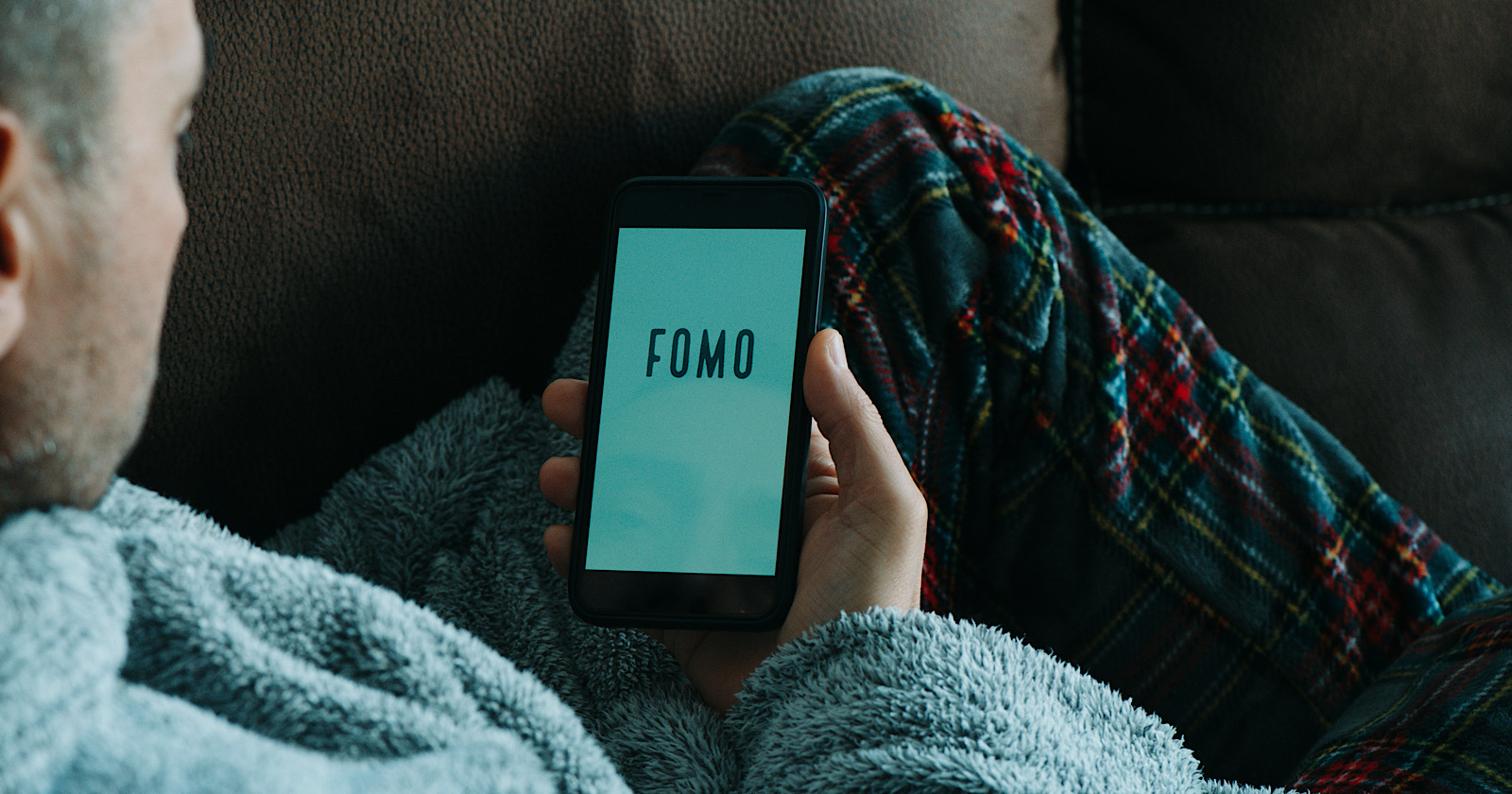A new study reveals that most social media users, especially young people, continue to use platforms like Instagram and TikTok even though doing so makes them unhappy. They feel trapped in using these apps primarily because they fear missing out if they don’t participate.
Online Experiment Surveys 1,000 College Students
Researchers at the University of Chicago, UC Berkeley, Bocconi University, and the University of Cologne conducted an online survey experiment of 1,000 college students across the U.S. focused on Instagram and TikTok use. Participants were randomly assigned to different groups.
Students were first asked how much money they would need to be paid to deactivate their Instagram or TikTok accounts for four weeks while their peers continued using the platforms. This measured individual consumer surplus.
They were then asked how much they would pay to have their entire university network, including themselves, deactivate the platforms for four weeks. This accounted for negative spillovers.
Finally, students reported how much they value the platforms when everyone else is on them versus when no one else is. This quantified the network effect.
Majority Find Social Media Use Unfulfilling
The study found that students would need to be paid $59 on average to deactivate their TikTok accounts and $47 to deactivate Instagram for one month, assuming their peers continued using the platforms.
However, if both they and their peers deactivated their accounts, students said they would be willing to pay $28 on average to delete TikTok and $10 to remove Instagram.
The authors write:
“Taken together, these results imply the existence of a ‘social media trap’ for a large share of consumers, whose utility from the platforms is negative but would have been even more negative if they didn’t use social media.”
By accounting for the adverse spillover effects to non-users, the study calculates that 64% of TikTok users and 48% of Instagram users experience a net loss of welfare from the products existing in the first place.
The findings suggest students value social media platforms significantly more when their peers also use them, revealing a strong network effect. TikTok usage was valued 33% higher among peers, while Instagram was valued 24% higher.
These platforms have figured out how to make people feel left out for not participating. Even when users themselves report negative well-being from spending time on the apps.
In Summary
This research reveals that most young social media users feel trapped by platforms that ultimately decrease their happiness. While fear of missing out and network effects strongly compel participation, users would prefer non-use if peers abandoned accounts, too.
As social media continues growing, society must grapple with its complex effects on wellbeing.
Featured Image: nito/Shutterstock
